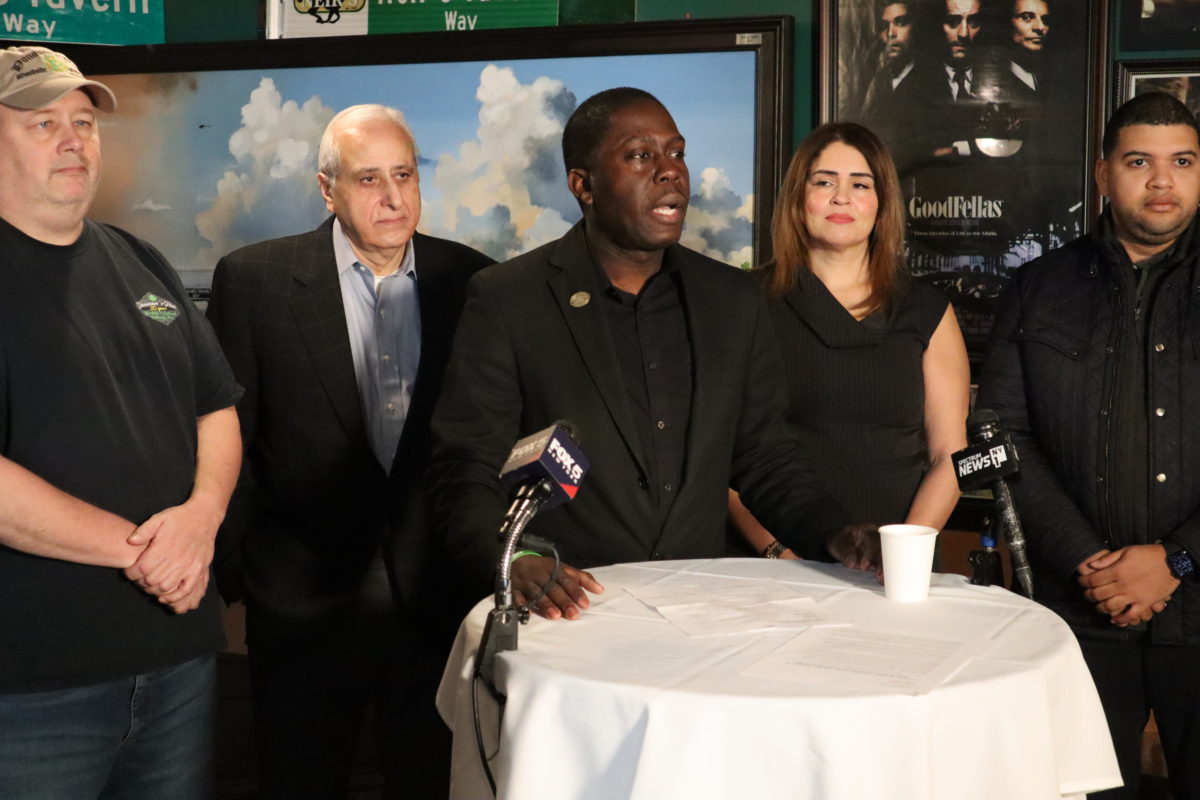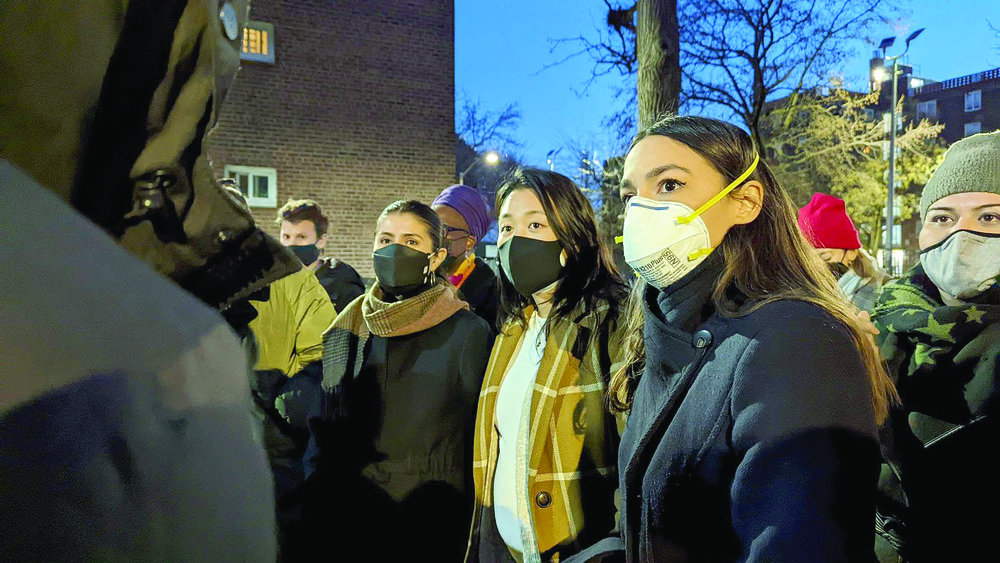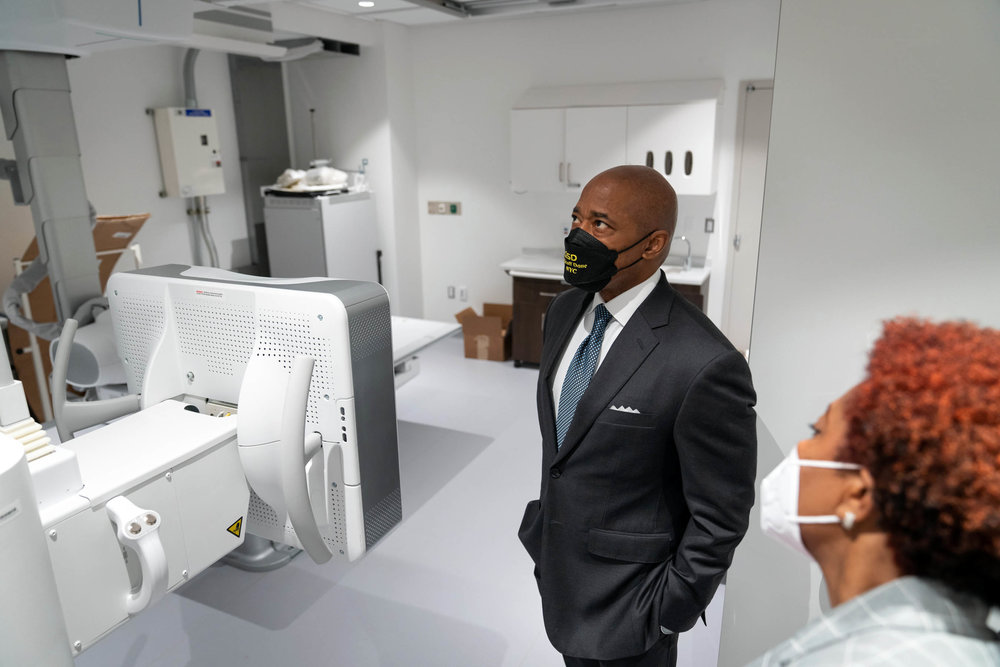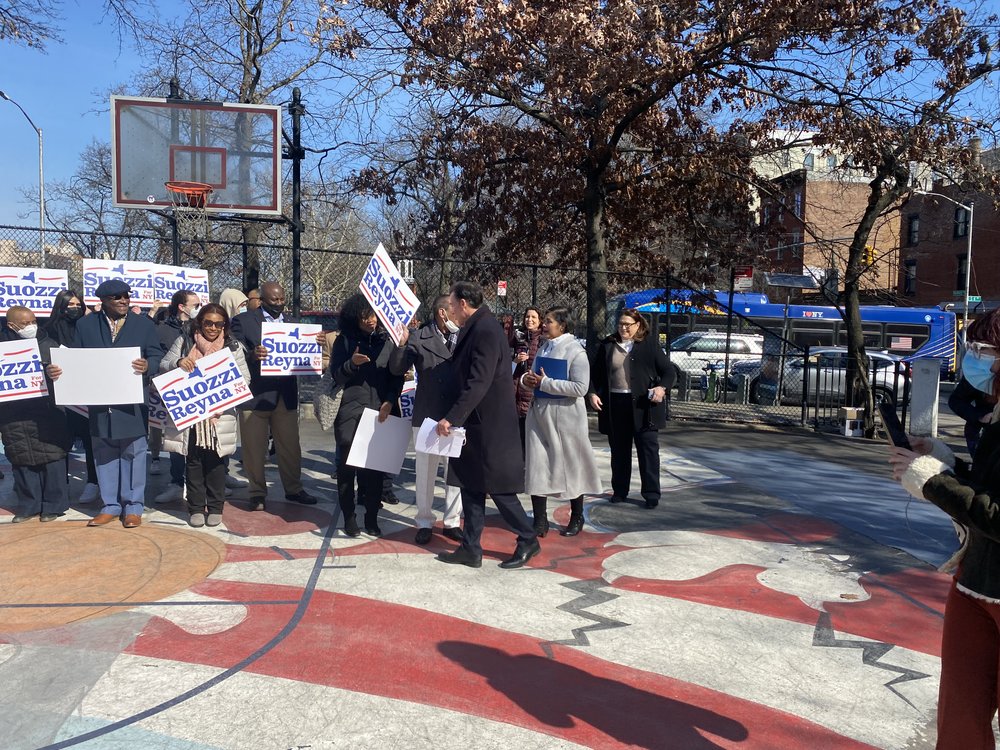Pressure to make ‘to go’ drinks permanent
Restaurant owners say temporary move was COVID lifeline
BY DANIEL OFFNER
Local restaurant owners are putting pressure on state lawmakers to make alcoholic beverages “to go” a permanent fixture in their establishments.
“We suffered a 90 percent decline in revenue when the first shutdown went into effect… and it has been a rollercoaster ride ever since,” Loycent Gordon, the owner of Neir’s Tavern in Woodhaven said.
The policy was put into effect as part of the New York State emergency order in response to the COVID-19 pandemic as a means to try and help struggling restaurants stay afloat.
When the emergency order expired last summer, so too did restaurants and bars serving “to go” cocktails and wine.
“This has been one of the lifelines that we needed that unfortunately expired,” Gordon said. “Alcohol to go is going to be one of those things that can help to add an additional revenue stream in a time where we have gone through so much and actually incurred so much debt.”
The New York State Restaurant Association held simultaneous press conferences with bar and restaurant owners all across the state to try and persuade legislators to adopt Gov. Hochul’s Executive Budget proposal, which they said includes a provision that would allow the sale of “to go” drink orders permanently.
Last June, state lawmakers attempted to pass a similar measure allowing “to go” drinks to be a permanent fixture, but according to The New York Times, it was thwarted by lobbyists with the liquor store industry, which had directed tens of thousands of dollars in political donations.
Dan Connor, the owner of Donovan’s Pub in Woodside, said he didn’t know why the liquor industry was fighting restaurant and bar owners over the sale of cocktails and wine to go after experiencing record sales numbers during the pandemic.
“I’m not sure why the liquor industry is fighting us on this,” Connor said. “We’re not selling bottles.”
Melissa Fleishut, president and CEO of the Restaurant Association said that the same relief that was once needed at the height of the pandemic is still necessary now.
“Throughout the COVID-19 pandemic, struggling restaurants were able to boost sales and keep doors open through the ability of selling alcoholic beverages with their orders,” Fleischut said. “The restaurant industry needs stability now more than ever, and by making ‘alcohol-to-go’ permanent we can encourage a strong recovery. It’s popular with operators and customers alike. The numbers don’t lie.”
According to a study conducted by the association, out of the 700 New Yorkers polled, approximately 78 percent were in favor of such a law.
“It makes no sense whatsoever,” Arelia Taveras, president of the New York State Latino Restaurant Association, said. “We need to have equality and fairness in this industry.”
Taveras said that before the pandemic there were close to 26,000 restaurants in New York and now more than half are gone, many of which were in underserved communities.
“It’s increasing crime. There’s no employment. I mean, what are we doing here,” Taveras added. “Let’s let restaurants breathe. If anything they should be advocating for loosening the laws on restaurants so that everybody can come back.”
Monir Zamel, the owner of Andrew’s Coffee Shop in Midtown, has been in business since the 60s and 70s. During that time his business weathered several catastrophes including multiple recessions, 9/11, and Superstorm Sandy.
“I’ve never seen anything that impacted my business the same way that COVID-19 has,” Zamel said. “It was like living in a nightmare.”
Calls for response from the New York State Liquor Store Association were not returned as of press time.
Plans for a policy to enable restaurants and bar owners to serve cocktails and wine “to go” will be decided on by state lawmakers as part of the state budget.
Hochul’s budget proposal also includes a Restaurant Resiliency Program, aimed at providing $25 million in grant funding to restaurants providing meals to distressed and underrepresented communities, and a Restaurant “Return-To-Work” tax credit for small independently owned restaurants.








